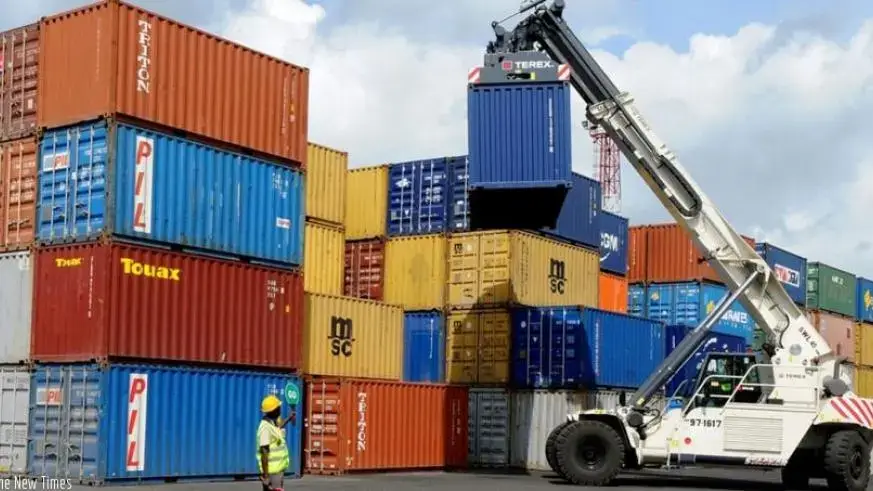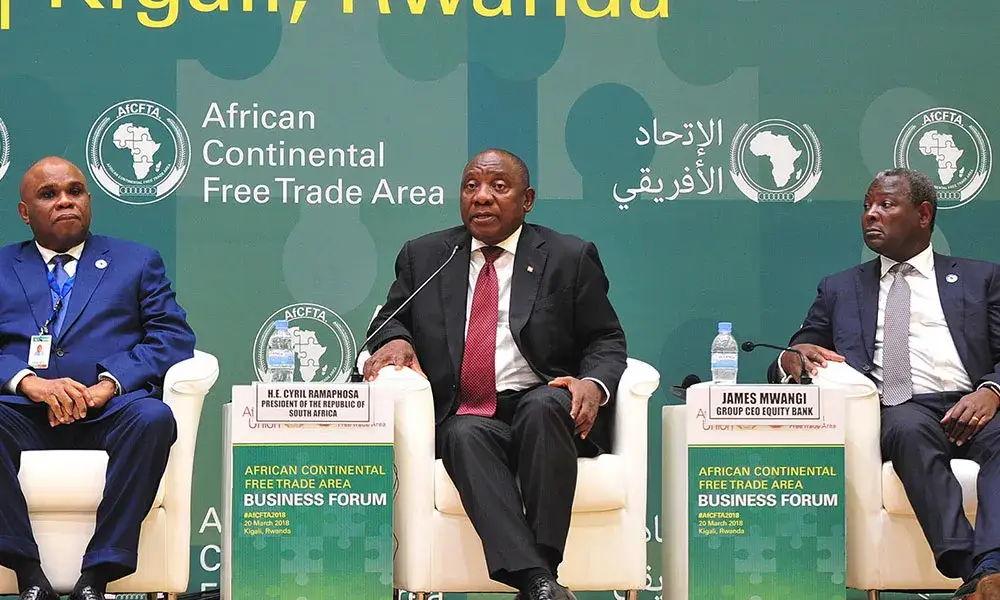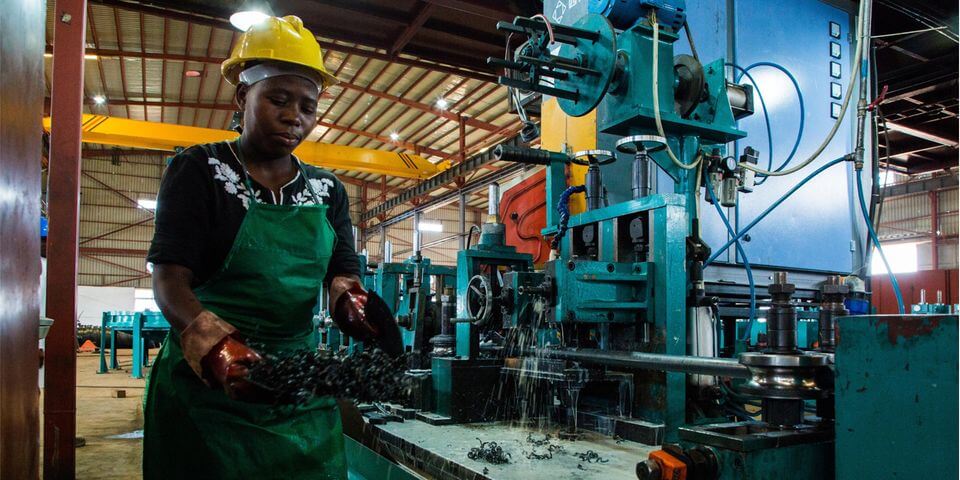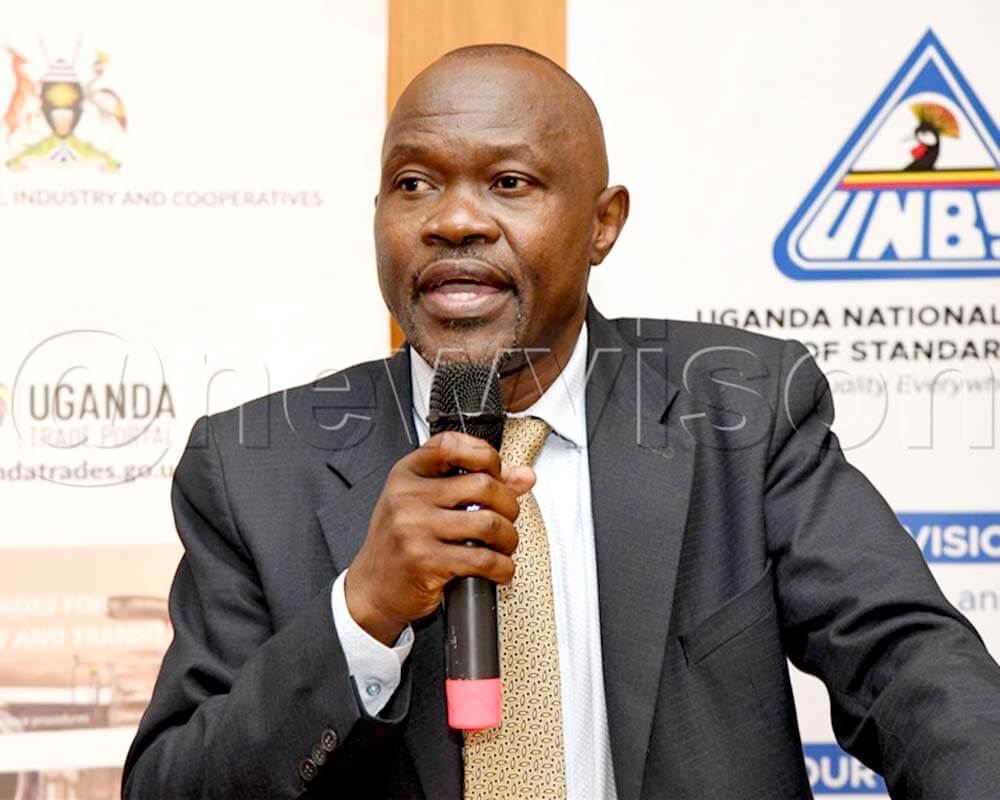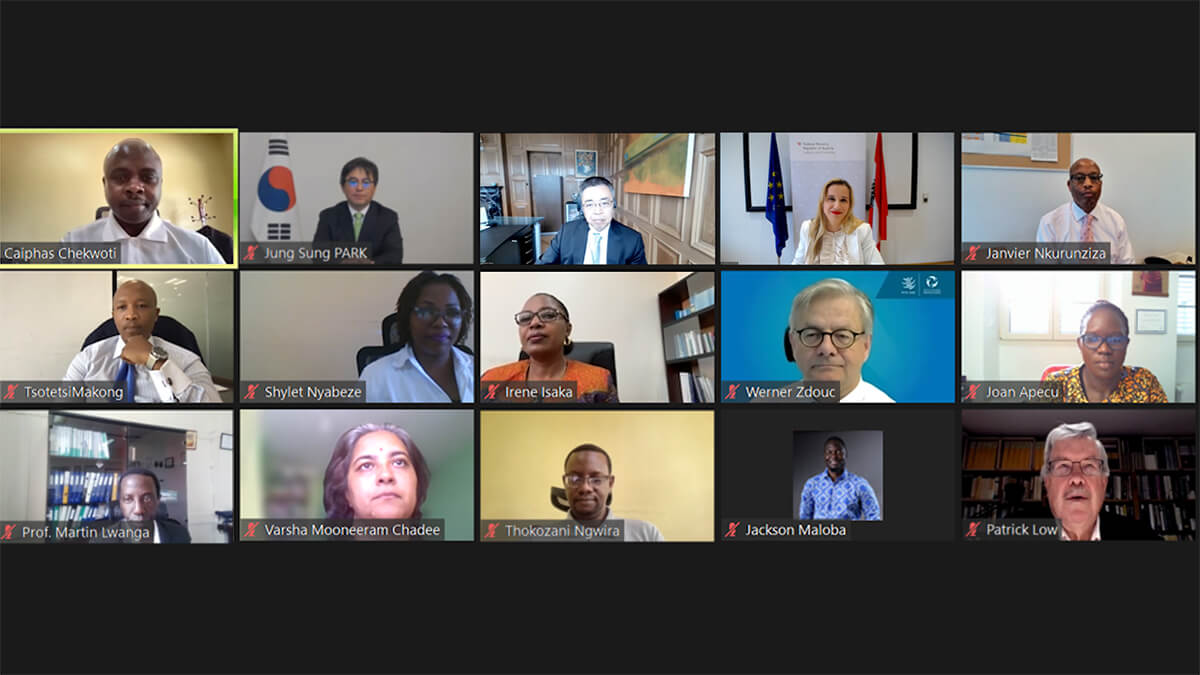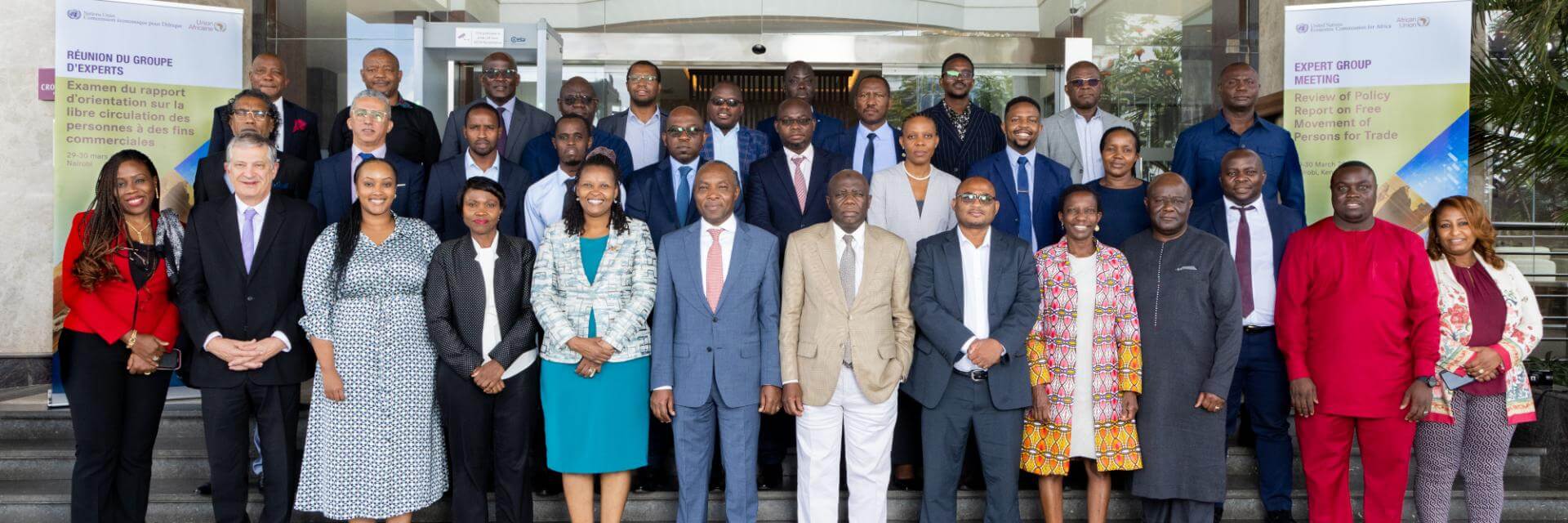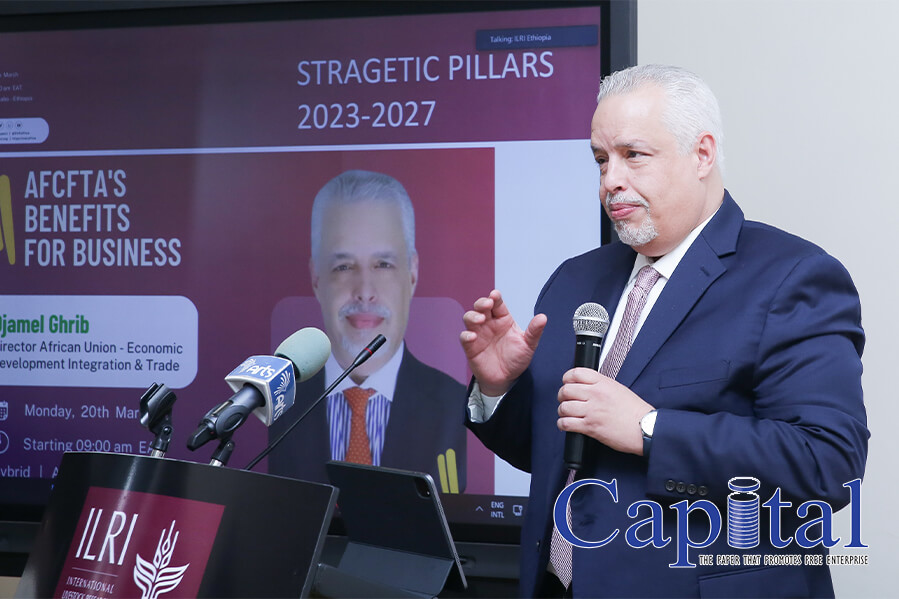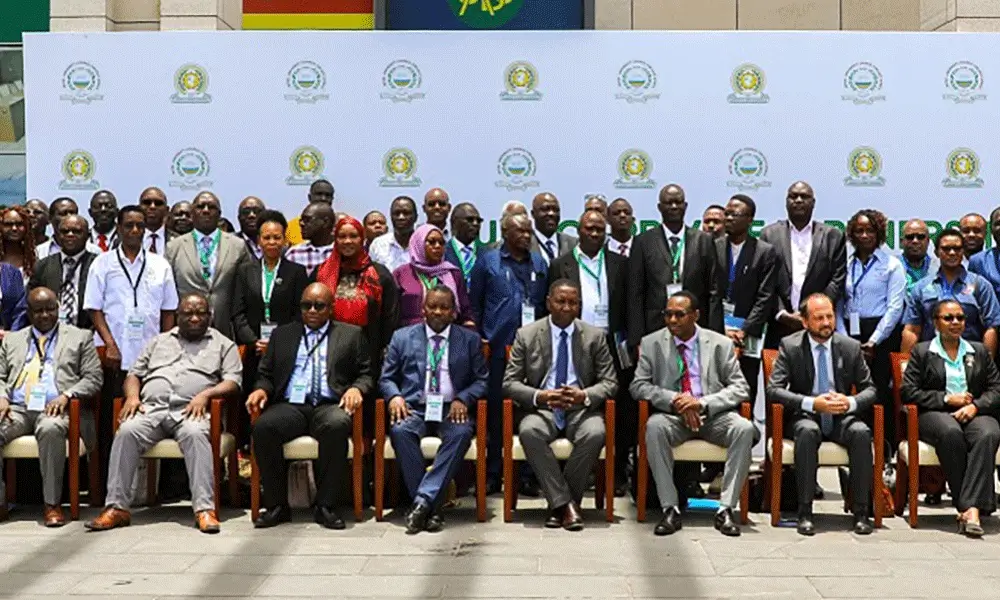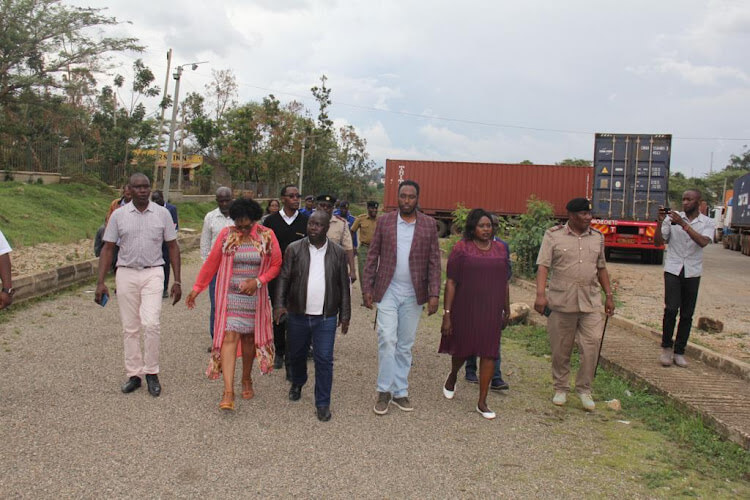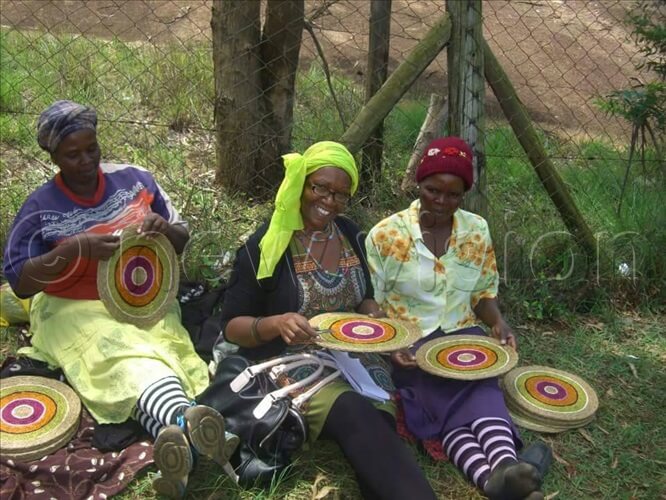Ghana has declared intentions to maximise gains from the African Continental Free Trade Agreement (AfCFTA) through strengthening of commercial ties with Kenya. As a result, it is planning to establish an Export Trade House (ETH) next month in Kenya as part of measures to promote trade relations between the two countries. When established, the ETH would serve as a special vehicle that specialises in facilitating transactions between a home country and foreign countries. It will be positioned at a central location where Made-in-Ghana products can be shipped, displayed and distributed in Kenya and other countries in East Africa. The trade house is being established because exports have become a tool the government must embrace to improve and promote the country’s products to the global market. To this end, Ghana will organise a three-day business expedition before the trade fair to highlight the goods it plans to export into Kenya. Stakeholders including the Ministry of Trade and Industry (MoTI), the Association of Ghana Industries (AGI), the National AfCFTA Coordination Office (NCO) and the Ghana Export Promotion Authority (GEPA), are working together to organise the exhibition. Trade barriers between the nations of East and West Africa have historically been low because of regulatory restrictions. Nonetheless, many African countries are now trading more independently thanks to the AfCFTA, the largest free trade area in the world. World Bank report According to the World Bank, the African Continental Free Trade Area could deliver far greater benefits in terms of jobs, growth and poverty reduction...
Ghana, Kenya take advantage of AfCFTA to boost trade
Posted on: April 6, 2023
Posted on: April 6, 2023

